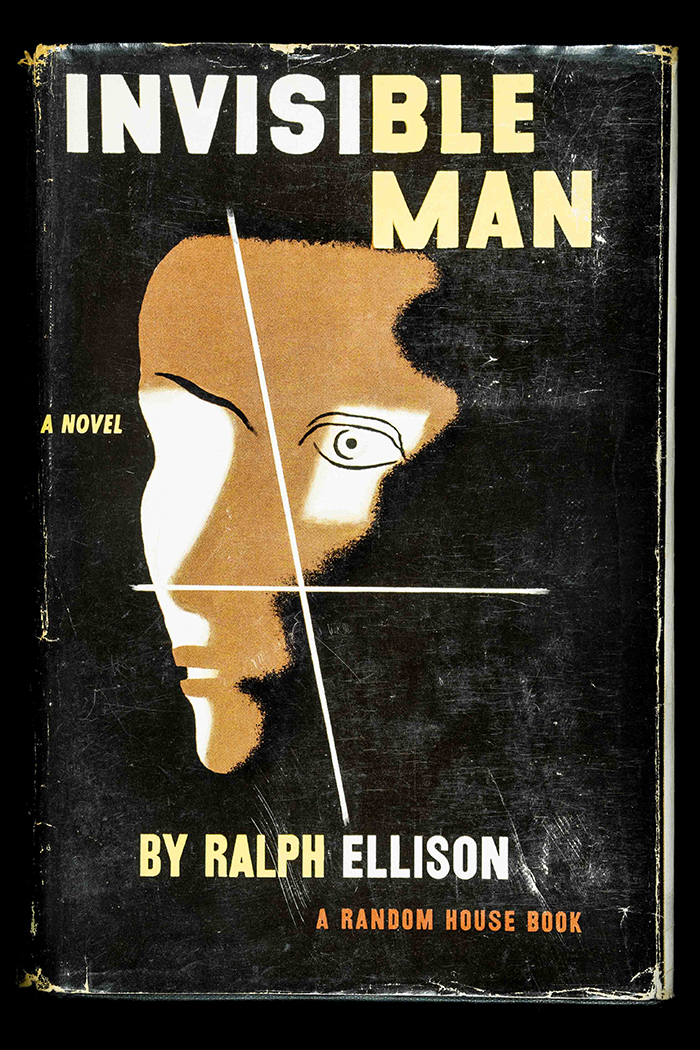
Still, events in Oklahoma City - his birthplace - and New York City, where he spent most of his life, are celebrating the centennial of his birth this year.Įllison's 1952 novel, Invisible Man, is a searing exploration of race and identity that won the National Book Award the following year and was named one of the 100 Best Novels of the 20th Century by Time magazine and The Modern Library.Īmong the commemorations, the Schomburg Center for Black Research, where the novelist did some of his research for Invisible Man, presented a day of readings from the novel. The marker, and many biographical sources, list his birth date as being 1914. writer Ralph Ellison's longtime home - commemorates his life and his work. James Whitmore/The Life Picture Collection/Getty ImagesĪ monument outside 730 Riverside Drive in Harlem, N.Y. He was eighty-one years old.Ralph Ellison in 1957, four years after his novel Invisible Man won the National Book Award.

For The New York Times, the best of these essays in addition to the novel put him "among the gods of America's literary Parnassus." A posthumous novel, Juneteenth, was published after being assembled from voluminous notes he left after his death.Įllison died of Pancreatic Cancer on April 16, 1994. He also wrote Shadow and Act (1964), a collection of political, social and critical essays, and Going to the Territory (1986). Ellison was best known for his novel Invisible Man, which won the National Book Award in 1953. He was born Ralph Waldo Ellison in Oklahoma City, Oklahoma, named by his father after Ralph Waldo Emerson.

Ellison died of Pancreatic Cancer on April 16, 1994. For The New York Times, the best of these essays in addition to the novel put him "among the gods of America's literary Parnassus." A posthumous novel, Juneteenth, was published after being assembled from voluminous notes he left after his death.




 0 kommentar(er)
0 kommentar(er)
